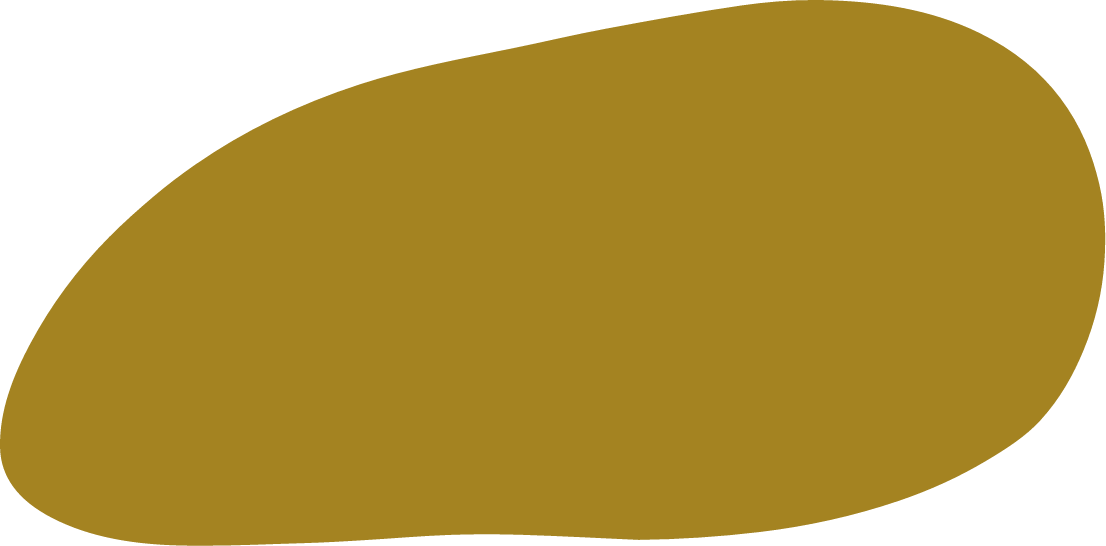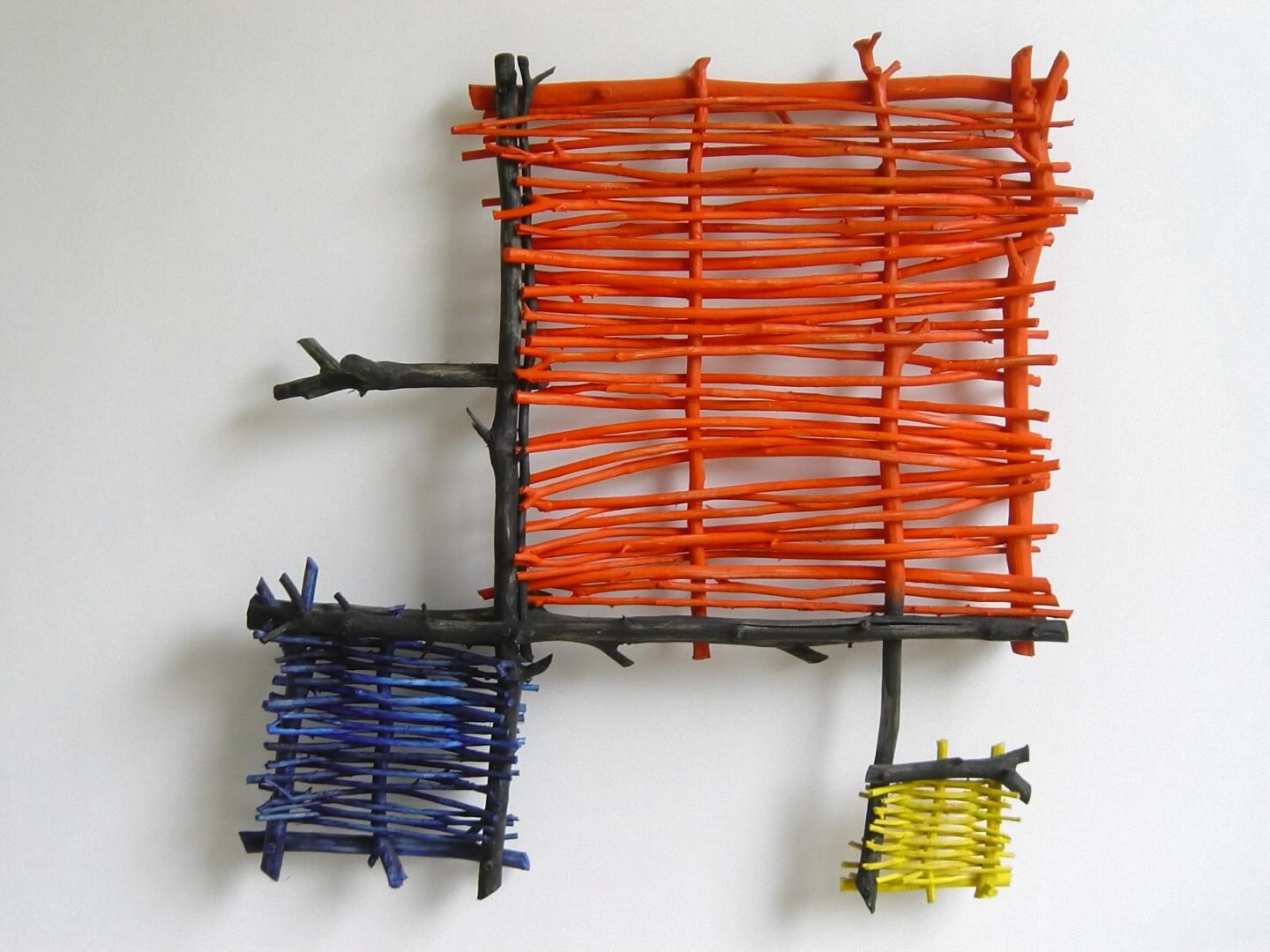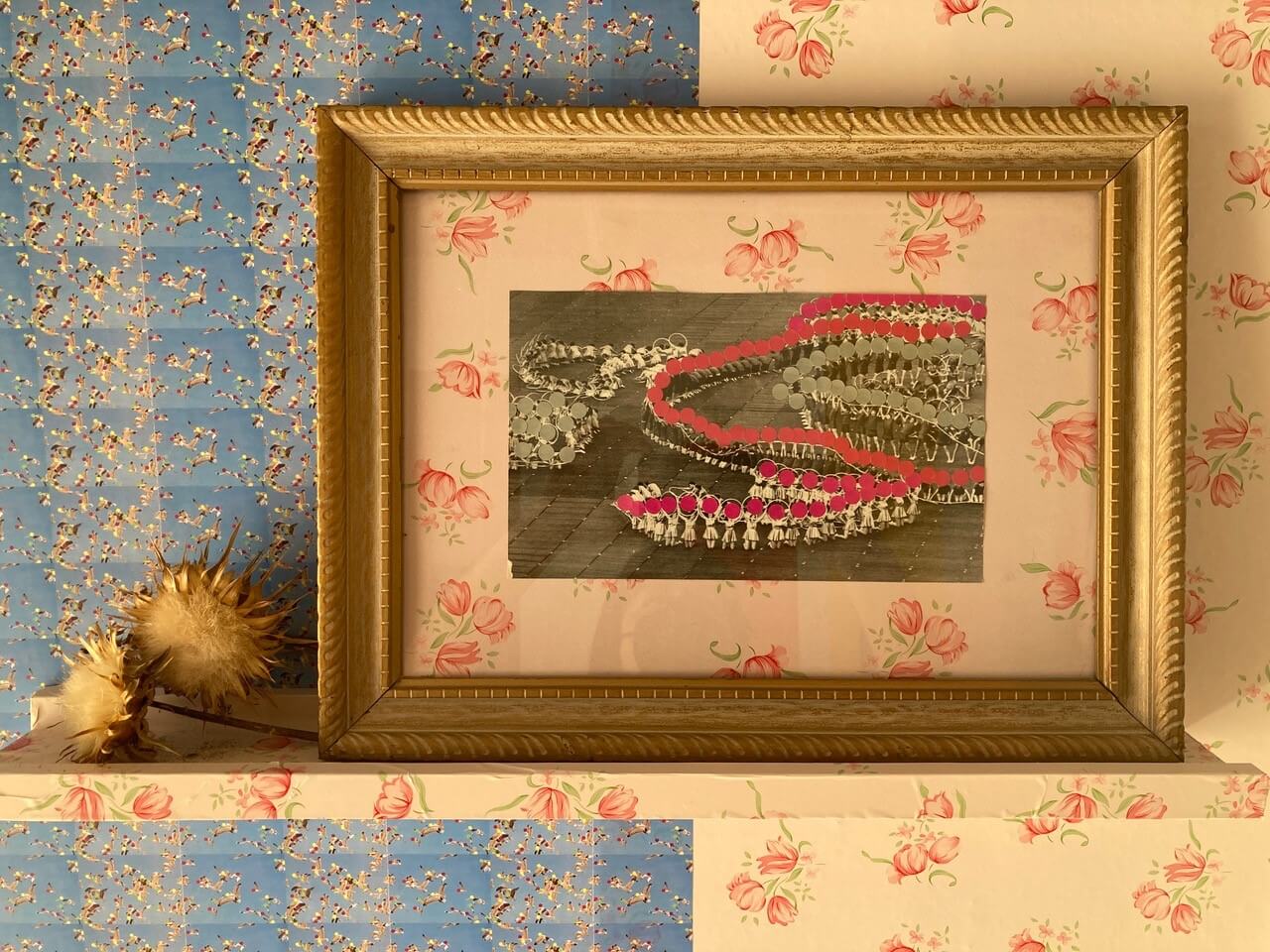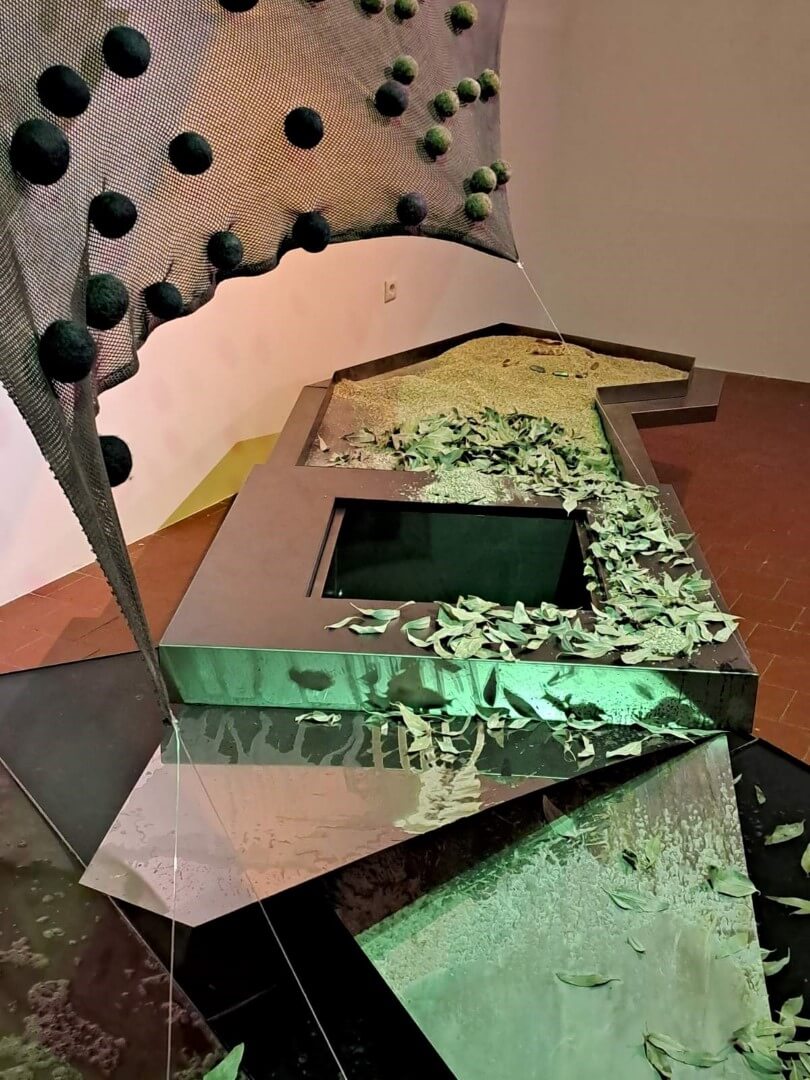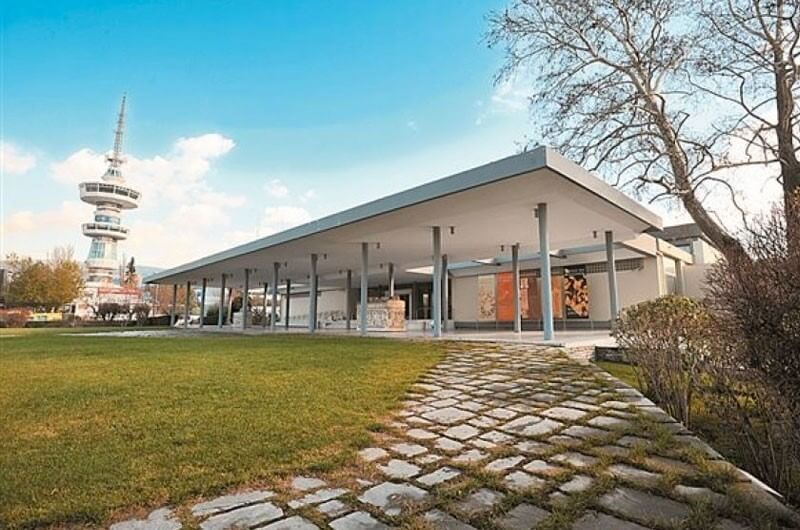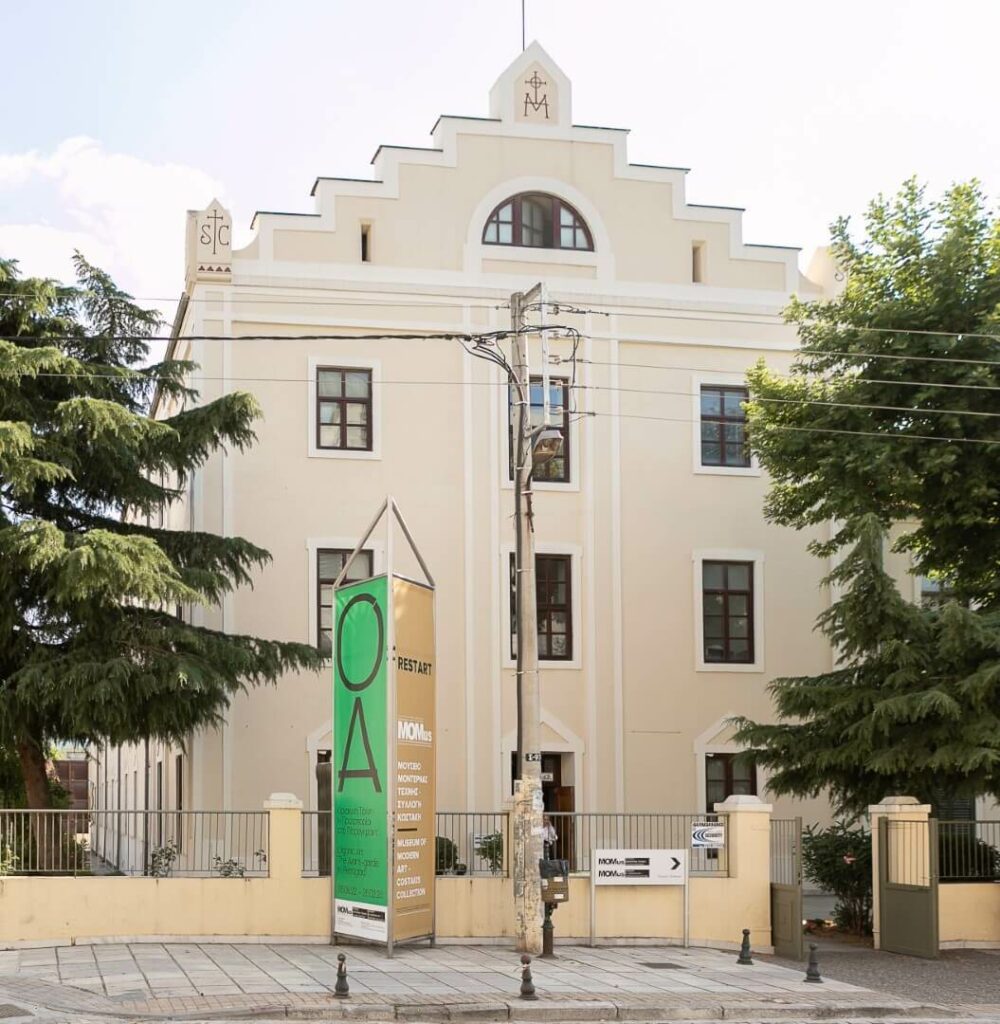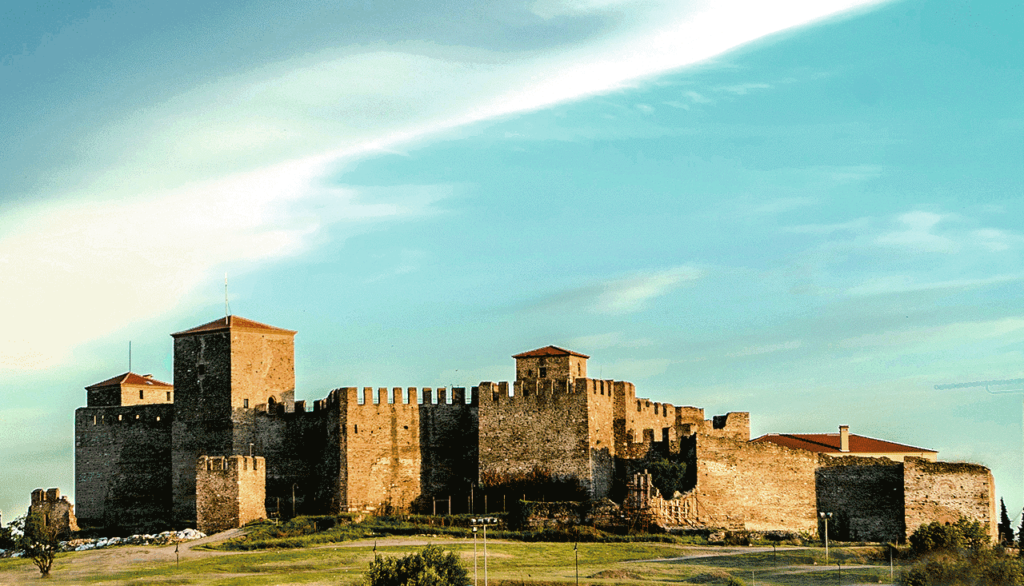The participating artists Alexandra Marati – Anna Vdakoglou, Aikaterini Gegisian and Kiril Prashkov become nature tracers and awake our senses through “biodynamic gardens”, projecting in a visual way the biological cycles of the earth and untinately of our lives, altering known works of art and giving them an unexpected sleight of hand.
Alexandra Marati, in collaboration with the architect Anna Vadakoglou, has created a delimited “biodynamic garden” inspired by the Austrian philosopher Rudolf Steiner, according to whom the cultivation of the soil with care and careful selection of soil, seeds and plants is a mystery with a metaphysical dimension, but at the same time it is the basic condition for successful organic agriculture. In the “biodynamic garden” visitors experience the uniqueness of an atmosphere that awakens the senses. According to the artist, the installation, based on studied ecological material, invites the viewer to transfer his positive energy to achieve a vegetation of higher quality.



